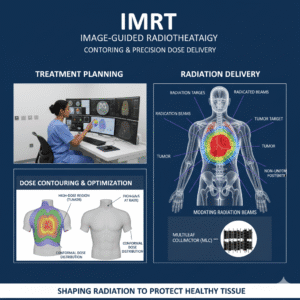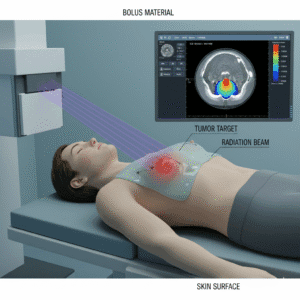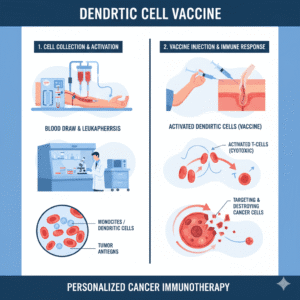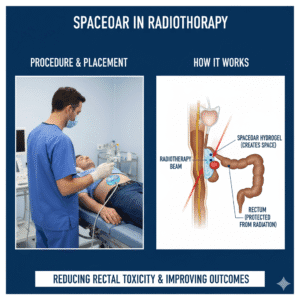
Proton therapy
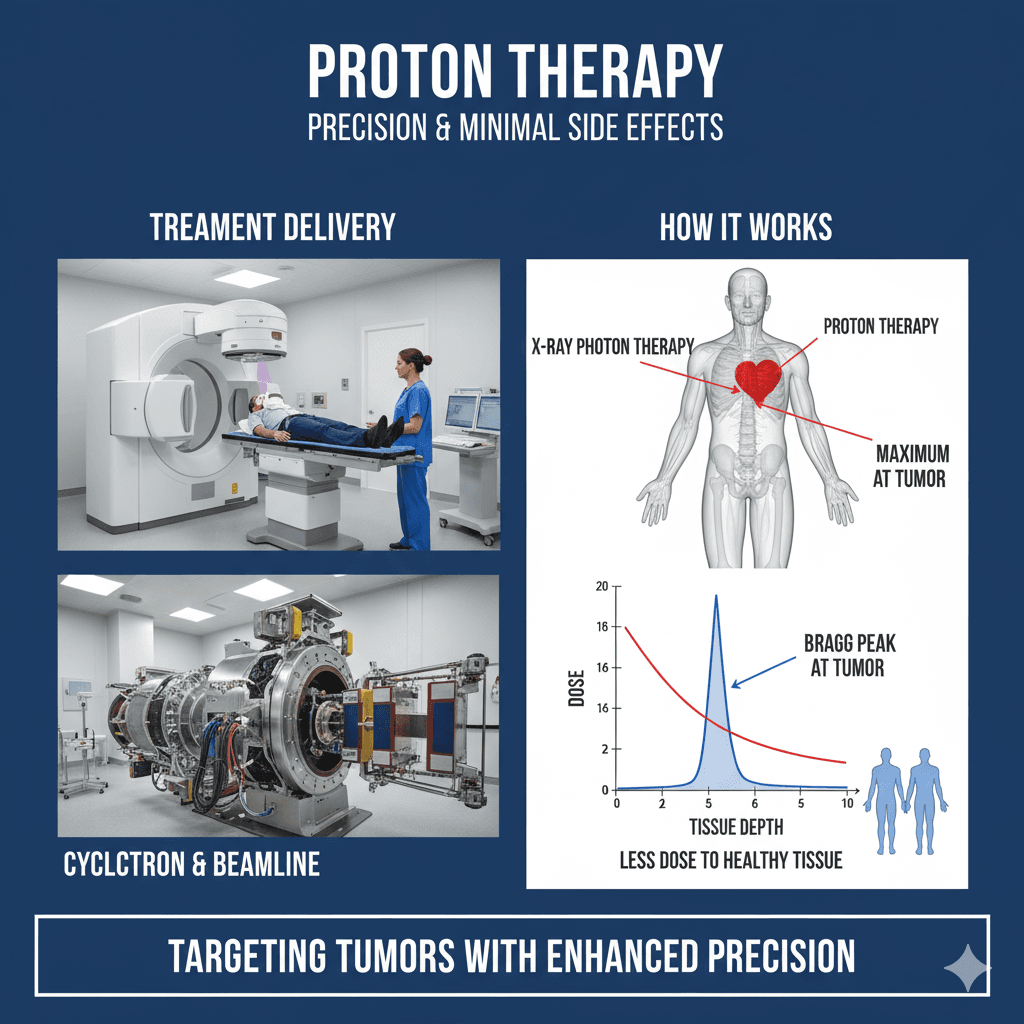
Q1: What is Proton Therapy?
A: Proton therapy is a type of radiation therapy used to treat cancer. Unlike traditional radiation, which uses X-rays, proton therapy uses protons—positively charged particles. These protons can be precisely targeted at the tumor, allowing for high doses of radiation to be delivered directly to the cancer cells while minimizing damage to surrounding healthy tissue.
Q2: How does Proton Therapy work?
A: Proton therapy works by using a machine called a cyclotron or synchrotron to accelerate protons to high speeds. These protons are then directed at the tumor. Because protons stop after releasing their energy, they can be controlled more precisely than X-rays, which continue to pass through the body after hitting the tumor. This precision allows proton therapy to target the tumor more accurately, reducing the risk of side effects.
Q3: What types of cancer can be treated with Proton Therapy?
A: Proton therapy can be used to treat various types of cancer, particularly those located near sensitive organs or structures. Common cancers treated with proton therapy include brain tumors, prostate cancer, lung cancer, and pediatric cancers. It’s also used for tumors that are difficult to treat with traditional radiation, such as those in the spine or base of the skull.
Q4: What are the benefits of Proton Therapy?
A: The main benefits of proton therapy include:
Precision: Proton therapy can be directed very accurately at the tumor, reducing damage to nearby healthy tissues and organs.
Reduced side effects: Because it spares healthy tissue, proton therapy often results in fewer and less severe side effects compared to traditional radiation therapy.
Higher radiation doses: Proton therapy allows for higher doses of radiation to be delivered to the tumor, potentially improving treatment outcomes.
Q5: What should I expect during a Proton Therapy session?
A: During a proton therapy session, you’ll lie on a treatment table while the machine delivers the protons to the tumor. The process is painless and usually takes about 15-30 minutes. The number of sessions you’ll need depends on your treatment plan, but proton therapy is typically given five days a week for several weeks.
Q6: Are there any side effects?
A: Side effects from proton therapy are generally mild and depend on the area being treated. Common side effects include fatigue, skin irritation, and temporary discomfort in the treated area. Because proton therapy is so precise, it often results in fewer side effects than traditional radiation therapy.
Q7: How do I know if Proton Therapy is right for me?
A: Your doctor will determine if proton therapy is suitable for you based on factors such as the type, size, and location of your tumor, as well as your overall health. Proton therapy is often recommended for tumors that are close to critical organs or for patients who may not tolerate traditional radiation well.
Q8: Where can I receive Proton Therapy treatment?
A: Proton therapy is available at specialized cancer treatment centers equipped with the necessary technology. These centers are usually found in larger hospitals or dedicated cancer treatment facilities. Your oncologist can refer you to a facility that offers proton therapy if it’s the best option for your treatment.
If you have more questions or need more information about proton therapy, be sure to discuss it with your healthcare provider. They can give you detailed guidance based on your specific medical needs.
Related Post


CyberKnife
August 6, 2024
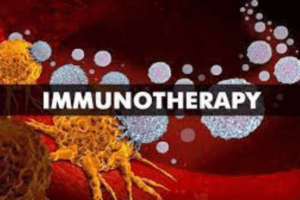
Immunotherapy
August 7, 2024
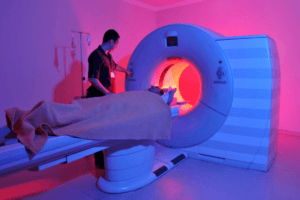
MRI Linac
August 7, 2024
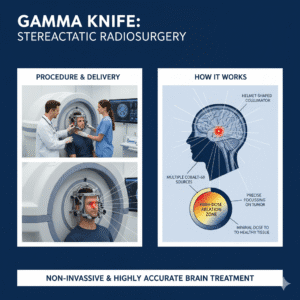
Gamma Knife
August 7, 2024
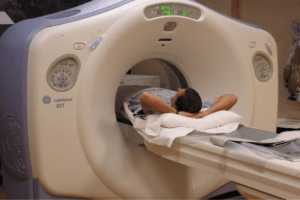
Cancer Screening
August 22, 2024
Gallery
Click below to book a clinic appointment
Ask More Questions Send Query On Email



